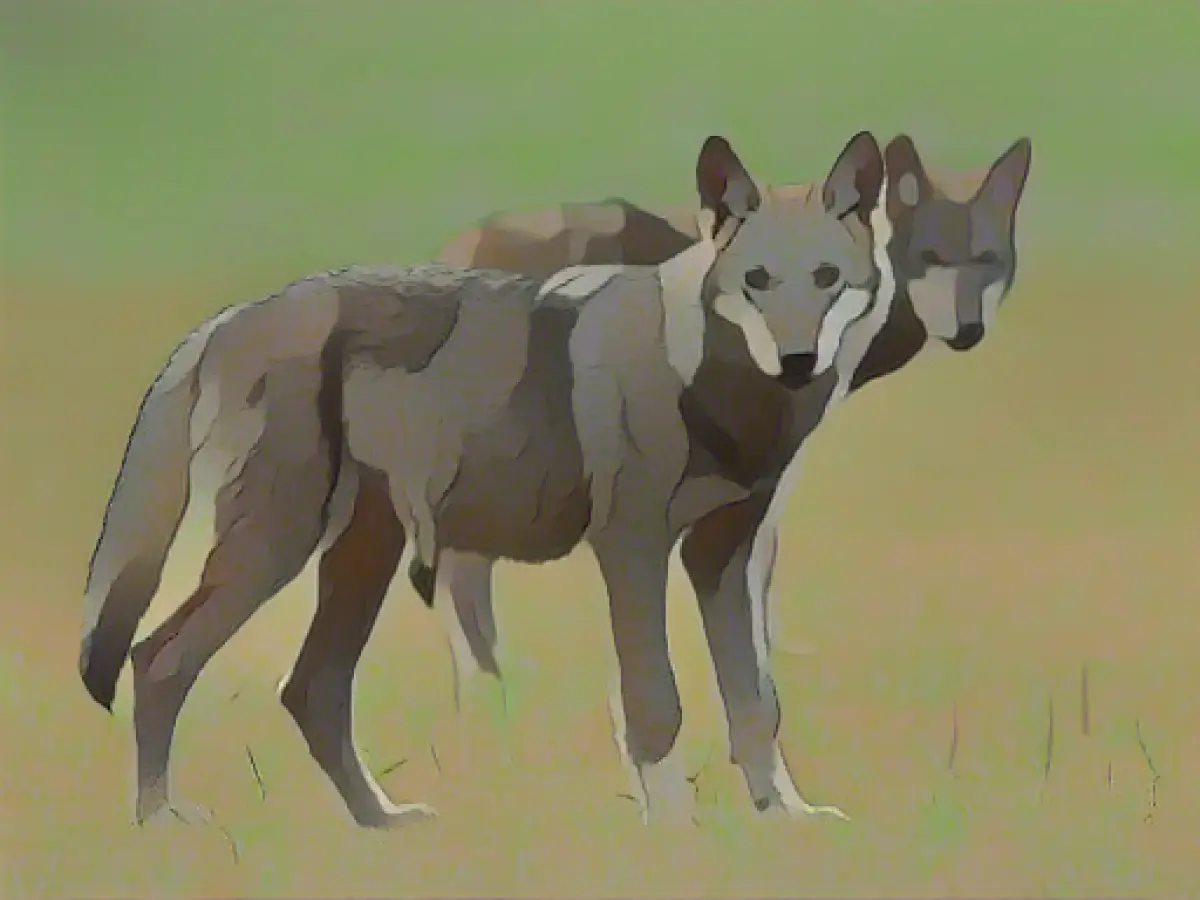Protecting Livestock from Wolves: BUND's Call to Action in Rhineland-Palatinate
The German Federation for the Environment and Nature Conservation (BUND) in Rhineland-Palatinate is vocalizing the need for enhanced herd protection against wolves. "In the Hunsrück region and beyond, migrating wolves frequently encounter unprotected grazing animals," noted Sabine Yacoub, BUND Rhineland-Palatinate chairwoman, on Thursday. While damage to livestock can only be prevented through widespread, proactive herd protection, the focus should be on quality protection, rather than targeting a specific wolf population.
Encountering unsecured grazing animals can lead to conflicts between migrating wolves and wildlife. To promote cohabitation between wildlife and livestock, effective herd protection strategies are critical. These strategies must deter wolves and other wildlife from approaching grazing lands, thus reducing conflicts and livestock kills.
So, what constitutes effective herd protection?
Preventive measures can deter predators in the following ways:
Physical Barriers
Constructing fences that are robust enough to discourage wolves and extend at least a meter underground can keep grazing areas secure.
Guard Animals
Introducing guard animals – such as dogs or donkeys – can deter predators due to their enhanced vigilance and alertness to threats.
Human Presence
Regularly monitoring grazing lands with human presence can scare predators away, either through direct presence or motion-sensitive cameras.
Noise Deterrents
Employing noise-making devices like ultrasonic repellents or sirens can help scare off wolves and other wildlife, keeping grazing areas safe.
Non-Lethal Deterrents
Applying repellants, such as hot pepper sprays, can deter predators from grazing areas without causing harm.
Habitat Management
Managing the habitat around grazing areas to lower its appeal to predators can help prevent conflicts. This can include eliminating food sources and shelter for predators.
Collaboration with Wildlife Authorities
Working collaboratively with local wildlife authorities can provide valuable insights into predator behavior and the most effective management strategies.
While these techniques can be effective in reducing conflicts and livestock kills, their success depends on adapting them to the specific circumstances of each grazing area. Consulting local experts or organizations like BUND Rhineland-Palatinate can offer tailored suggestions.
Ultimately, as BUND Rhineland-Palatinate emphasizes, it's not about reducing wolf populations, but rather ensuring that quality herd protection prevents livestock deaths.






